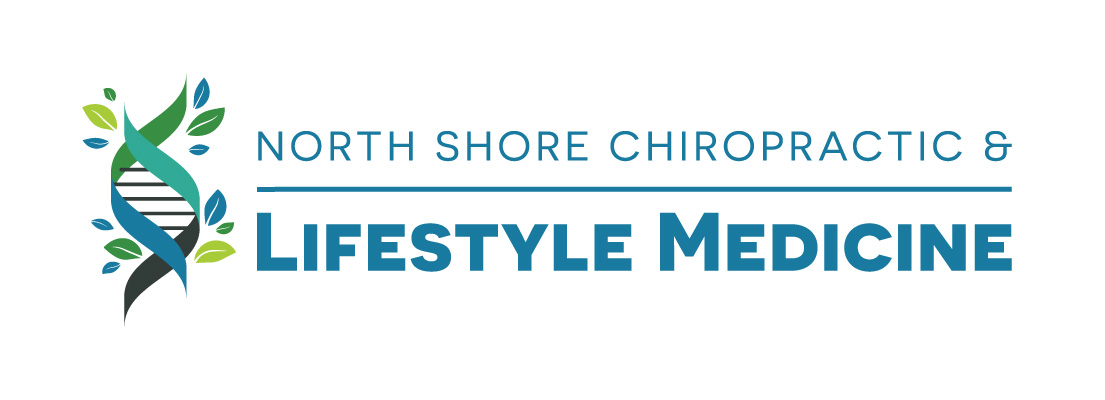News from the Cleveland Clinic
Easing Your Tension Headaches: 7 Tips from a Chiropractor
Combine stress, repetitive activities and poor posture, and what do you get? Tension headaches.
They encircle your head like a too-tight crown. “Fortunately, you can do a lot on your own to prevent or relieve tension-type headaches,” says chiropractor Andrew Bang, DC.
“You don’t always have to go to a physical therapist, massage therapist or chiropractor.”
A recipe for trouble
Work pressures, relationship stress and other life challenges can cause tension headaches.
When you add repetitive activities and poor posture to the mix, “the pain starts in your neck and shoulders, slowly travels up the base of your skull and then wraps around your head,” says Dr. Bang.
The following activities can contribute to tension headaches:
Constantly looking down at your cell phone
Working at a computer all day
Driving for hours without rest
Playing video games for hours
Clenching your jaw at night or during the day
Sleeping on your stomach
“These activities overstretch the muscles on the back of your neck and weaken them, increasing your susceptibility to tension headaches,” says Dr. Bang. “The second part of the problem is that using any muscle too much leads to pain and, often, spasms.”
Episodic vs. chronic
Episodic tension headaches are often tied to stressful events. They typically come on quickly and are fairly painful. “These headaches resolve once the stressful event is over or when you take over-the-counter medication,” says Dr. Bang.
Chronic tension headaches can recur daily. They may come on as you wake up or after a long day of work or activity. “The muscles in your neck and scalp tend to stay contracted,” he says. “Pain and tightness develop on both sides of the head, in the forehead and at the base of the skull.”
7 ways to manage tension headaches
To prevent or to ease tension headaches, Dr. Bang recommends the following:
Minimize stress. Try to avoid or limit stressful events.
Take breaks. Limit the time you spend looking down at your phone. Take breaks on long drives.
Adjust the way you sleep. Try sleeping on your back or on your side with a body pillow and your neck in neutral posture.
Exercise and stretch. Use a therapy cane or a hard therapy ball to massage out or stretch your neck and shoulder muscles.
Use over-the-counter medicines. Aspirin, ibuprofen or acetaminophen can be quite effective for episodic tension headaches.
Consider drug-free treatment. Try massage therapy, chiropractic treatment, physical therapy or acupuncture.
See a dentist. If you’re clenching your jaw and getting headaches, look for a dentist knowledgeable about temporomandibular joint (TMJ) syndrome. “The right mouth guard can really help,” says Dr. Bang.
Dr. Bang points out that the good thing about drug-free treatments is that any side effects (increased soreness, stiffness or bruising) go away on their own.
What about rubbing your temples when a tension headaches starts to build — does it help? “Muscle tension varies, so rubbing on your temples may not bring relief,” says Dr. Bang. “But rubbing on the tender spots, or trigger points, in your neck and shoulder muscles can help.”
If tension headaches don’t go away after trying these suggestions, it may be time to look at the psychological stress in your life, he notes.

